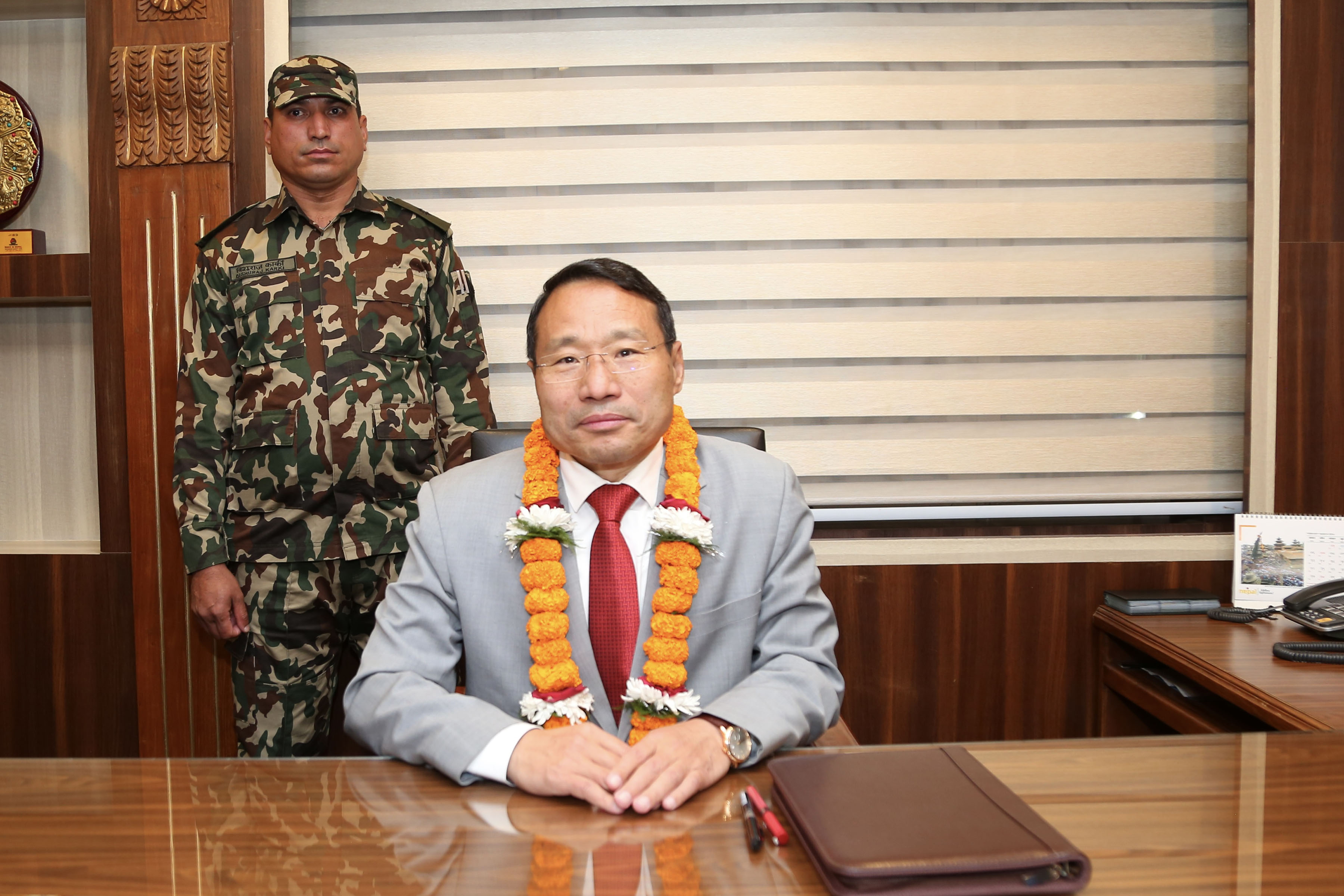WASHINGTON, May 26: Even if conciliatory rhetoric revives U.S.-North Korea summit plans, President Donald Trump and Kim Jong Un are still left with the gaping disconnect over what a deal on North Korea’s nukes would look like.
Observers of the soap opera-style Trump-Kim summit drama that has played out this week could be forgiven for thinking that a fragile courtship is underway, where the tenor of each side’s statements will determine whether the two can agree to sit down together.
But lying at the root of the North’s recent barrage of negative rhetoric that prompted Trump to cancel the summit is a fundamental difference of views on the path to denuclearization. Reconciling those views may determine not just the success of any future meeting but whether a summit is in fact feasible.
“You could look at this as trash talking in anticipation of the big game,” said Christopher Hill, the lead U.S. negotiator with North Korea under the George W. Bush administration. “Frankly speaking, I think it’s more serious.”
Trump’s letter to Kim on Thursday blamed “tremendous anger and open hostility” by Pyongyang for derailing the June 12 meeting in Singapore. Trump changed his tune after North Korean Vice Foreign Minister Kim Kye Gwan responded not with more threats but qualified praise of the president and openness for talks. Trump said Friday that the two sides were talking about putting the summit back on track, possibly on the originally planned date.
N. Korea's Kim warns of 'nuclear attack' if 'provoked' with nuk...

So unfolded a tempestuous 24 hours that left close U.S. ally and summit-matchmaker South Korea “perplexed”; North Korea’s traditional ally China indignant that Trump was blaming it for changing Kim’s hardening attitude; and officials in Trump’s own administration struggling to stay up to speed with developments.
But amid the whirlwind of speculation over whether Trump and Kim would have their date with history or not, North Korea’s fundamental position had not changed, even if its tone had. Kim Kye Gwan explained that the North’s branding of Vice President Mike Pence as a “political dummy” and its warning of a potential nuclear showdown were a reaction to “unbridled remarks” by the U.S. side pressing it to unilaterally scrap its atomic program.
For North Korea watchers, it was a diplomatic blow-up that had been waiting to happen ever since Trump impulsively agreed in March to meet with Kim to persuade him to abandon weapons that pose a growing threat to the continental U.S.
“The massive gap between the United States and North Korea on denuclearization is the unspoken subtext to everything that’s just transpired,” said Evans Revere, a former senior State Department official for East Asia who since leaving the U.S. government has periodically held informal talks with North Korean officials.
“It speaks to the fact that the North Koreans were not prepared to come and give up all their weapons for promises,” said Hill, “and that the U.S. was not prepared to offer any sanctions relief for anything until everything was done.”
That was a theme Kim Kye Gwan, a veteran North Korean nuclear negotiator, had expressed in starker terms a week ago when he lashed out at Trump’s national security adviser John Bolton for saying that the disarmament of Libya in 2004 was a model for a possible deal with North Korea. For Pyongyang, that was a deeply provocative comparison for two reasons. First, Libyan autocrat Moammar Gadhafi was killed following U.S.-supported military action in his country seven years after giving up his nuclear program. Secondly, Libya had surrendered its fledgling program — far less advanced than North Korea’s — before receiving any benefits.
North Korea is looking at a different type of deal. Frank Aum, a former senior Pentagon adviser on North Korea, said it seeks a phased process in which each side takes “progressive and synchronous” steps toward denuclearization and peace. The North has spent decades building a nuclear and missile capability to deter the U.S., and Aum remains skeptical that it’s truly interested in giving up those weapons although it sees value in going down that path to see what benefits it might get.
For the Trump administration, a phased process would replicate past failed aid-for-disarmament deals with North Korea, although Trump himself this week — before he canceled the summit — did not rule out an incremental approach that would provide incentives along the way to the North. He said Kim would get security guarantees if he denuclearizes.
That suggests some flexibility on the part of Trump, who has vacillated between threats and flattery in his long-distance courtship of Kim and is clearly eager to have his shot at being the first U.S. leader to meet with his North Korean counterpart and even bring peace to the divided Korean Peninsula.
Revere said what’s needed now is what should have happened in the first place before Trump impulsively agreed to the summit — an effort by officials to try and bridge the vast gap between the two sides. It’s a gulf which does not appear to have narrowed despite two, rare trips to Pyongyang by Secretary of State Mike Pompeo to meet with Kim.
For Trump to go into a meeting with Kim “without any idea of what you’re coming out with,” said Hill, “is frankly worse than having no summit at all.”







































